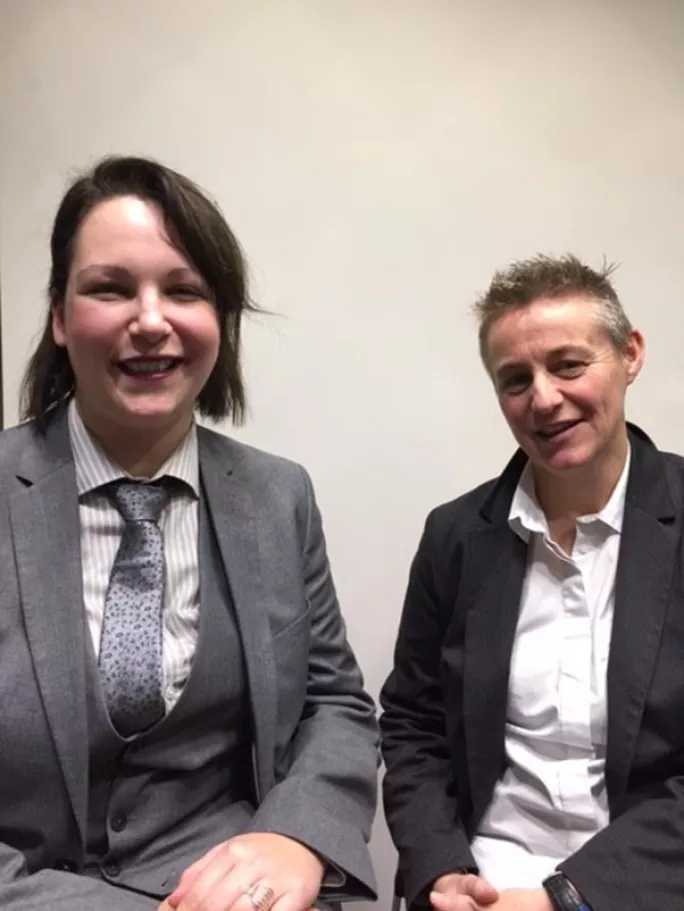“How can you be a mathematician and not a pattern sniffer?”
This is one of the questions Ems Lord asks me as part of our discussion on mathematical habits of mind.
The well-known research paper of the same name also includes “tinkerers”, “visualisers” and “inventors” in its list of mathematical identities that students of all ages should be encouraged to inhabit.
Quick read: Improving pupils’ short-term memory boosts maths results, study finds
Quick listen: How to give your pupils a deeper understanding of maths
Want to know more? What teachers can learn from Leonardo da Vinci
“Tinkering is just what we do with our bicycles, our go-karts and our Lego when we’re young, and we should be doing it with our maths problems as well,” she tells me.
Maths: a collaborative problem-solving approach
Tinkering is immensely valuable, prompting students to ask the question “I wonder if...?” in the same way that engineers and designers do.
And just like in these professions, Lord is particularly interested in what can be achieved when people collaborate.
The theme of the podcast is collaborative problem-solving, which is somewhat apt for Lord, who has been the director of the University of Cambridge’s Nrich project for four years.
But it wasn’t always just mathematics that Lord had a passion for; she tells me of her “dream teen” job of working at the BBC, shutting the network down on a Sunday evening, which meant she found out which song was number one in the charts before anyone else.
“It was quite mathematical. I had to know the exact length of the record so I could make it finish before the pips,” she says. “Woe betide you if you talked over the pips.”
She also discusses the benefits and constraints of the collaborative problem-solving approach, telling me about her encouraging research results, which suggest a positive effect on standardised individual maths assessments, even though the skills used might appear to be very different.
Embedding opportunities
She admits that the approach can take some time to embed, but is convinced that it gives pupils much-needed opportunities to work together, to explain their reasoning and communicate.
“What’s the point of knowledge without being able to communicate it?” she asks. Lord also points to the issue that we sometimes have in mathematics of emphasising the answer too much, suggesting it is time to value the process more.
We also discuss moving approaches from Hungary to “deepest, darkest Lincolnshire”, why Lord should never be made a consultant on the BBC show The Apprentice, and how social justice is “built into the DNA of the Nrich project”.
Her advice to teachers? “Get collaborative problem solving into your long-term planning in the summer,” she says. “That way you’re more likely to give it the time it needs.”
Listen now
You can listen for free by downloading the podcast from your podcast platform (type “Tes - the education podcast”) or you can listen below.
Ems mentions:
-
Habits of mind - an article on the Nrich website
-
The Cuoco et al research paper on ‘Mathematical habits of mind’ - where the “pattern sniffing” reference comes from
-
Doing things for 10,000 hours
-
The STEP support programme for Year 13 students
-
The Nesta/UCL report by Luckin et al on collaborative problem-solving
-
Stringy quads, an activity on the Nrich site
-
The Knowledge Quartet
-
The Wild Maths website (KS3) for students to “roam”
-
Joining the Nrich newsletter list, including its renowned advent calendar
Lucy mentions:
-
Lord’s 2018 paper Nrich and collaborative problem-solving: An investigation into teachers’ use of Nrich teaching materials’






